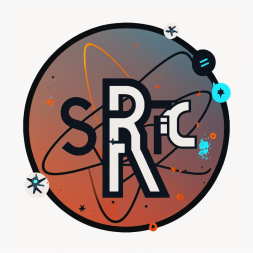Despite the continued widespread dogma and fears surrounding their use, studies havefailed to find evidence that psychedelic drugs, such as LSD and magic mushrooms, cause harm to the brain or other organs. Ever since it was suggested that their use can trigger psychosis back in the ‘60s, ideas that they are harmful to mental health have been difficult to shake. Now, two new studies are once again challenging these assertions with a failure to find any links between their use and the development of mental health problems. In fact, one of them actually found an association between their use and reduced psychological distress.
The psychedelics investigated in both studies are the so-called “classical” psychedelics, which are LSD, psilocybin (the main psychoactive ingredient in magic mushrooms) and mescaline, which is found in the peyote and San Pedro cacti. As pointed out by Nature,these were chosen because they all act on, or stick to, the same brain cell receptor—the serotonin 2A receptor. Other psychoactive drugs, like MDMA and ketamine, are known to bind to different receptors and also act in different ways. Furthermore, although ketamine is widely used in humans and animals as an anesthetic and has shown a lot of promise as a potent, fast-acting antidepressant, excessive use has been linked to bladder damage.
For the first investigation, a duo of psychologists from the Norwegian University of Science and Technology in Troundheim trawled through an immense amount of data from the National Survey on Drug Use and Health. This gathers data on drug use and mental health from a random adult sample that’s representative of the U.S. civilian population. After sifting through 135,095 respondents, they found that almost 14% reported use of one of the classical psychedelics at some point in their lives.
Next, they examined 11 indicators of mental health problems such as schizophrenia, depression and suicidality and sought to look for relationships between these and psychedelic use. As reported in the Journal of Psychopharmacology, after adjusting for things like race, education, other drug use and depression during childhood, the researchers failed to find any link between the use of classical psychedelics and the risk of developing mental health problems. Conversely, they actually find that on some measures, their use was associated with fewer mental health problems.
“With these robust findings,” lead author Pål-Ørjan Johansen said in a news release, “it is difficult to see how prohibition of psychedelics can be justified as a public health measure.”
For the second study, which has been published in the same journal, scientists in the U.S. wanted to examine the effects of psychedelic use on both adverse mental health effects and suicidality, the latter of which had not been previously investigated. Once again, the scientists used data from the same survey and included almost 200,000 respondents.
They found that use of classical psychedelics was associated with a reduced likelihood of psychological distress, suicidal thoughts and suicide attempts. Taken together, the researchers suggest that these substances could be a promising treatment avenue for suicide prevention, and once again they argue that their legal status should be revised so that clinical studies can be conducted on them.
http://www.iflscience.com/

No comments:
Post a Comment